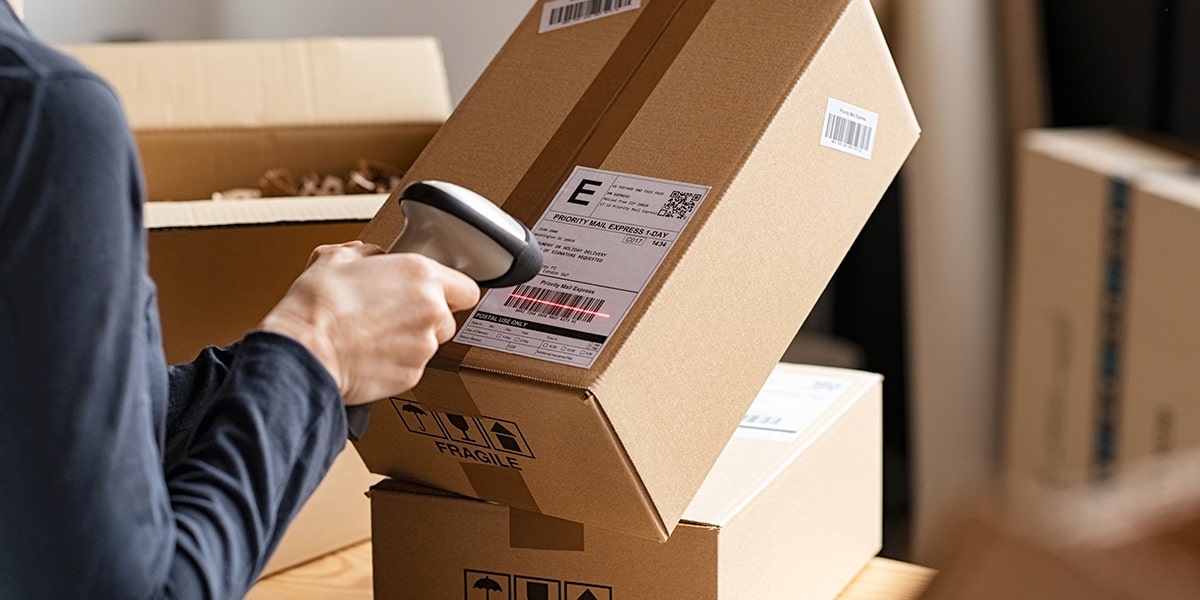Recyclability Testing of Packaging and Labels
In today’s environmentally conscious landscape, ensuring that packaging materials are recyclable is a crucial aspect of sustainability. For consumer products companies, this translates into not only meeting environmental expectations but also regulatory requirements that vary by region. This service focuses on the rigorous testing methods used to determine whether packaging materials can be recycled effectively without compromising product integrity or safety.
Recyclability testing involves a series of laboratory-based assessments aimed at evaluating how well different materials and their combinations withstand recycling processes such as mechanical sorting, shredding, and reprocessing. The goal is to ensure that the packaging can be reintroduced into the manufacturing cycle with minimal impact on quality and performance.
The first step in this testing process involves selecting appropriate samples of the packaging material for analysis. Samples must accurately represent the intended product type and should undergo thorough preparation before testing. This may include cleaning, cutting, or other preliminary treatments to ensure uniformity across specimens.
Once prepared, these samples are subjected to a range of tests designed to simulate real-world recycling conditions. These tests typically follow internationally recognized standards such as ISO 14855 for plastic packaging and ASTM D6954 for paper-based materials. The parameters measured during testing include chemical composition analysis, mechanical properties assessment, and thermal stability evaluation.
Chemical analysis plays a vital role in identifying any harmful substances that might contaminate the recycling stream if not properly managed. Mechanical tests assess how well the material holds up under stress conditions similar to those encountered during sorting and processing. Thermal evaluations ensure that the materials do not degrade at elevated temperatures, which could affect their usability.
The results of these tests provide critical insights into both the environmental impact and economic feasibility of using certain packaging options in production processes. By leveraging this information, manufacturers can make informed decisions about material choices, potentially leading to significant reductions in waste generation while enhancing overall sustainability efforts.
It is essential for companies operating within sectors like consumer goods to stay abreast of evolving regulations regarding recyclability standards. Staying compliant requires ongoing investment in research and development as well as robust testing protocols. Our laboratory offers comprehensive support throughout this journey, providing expert guidance from initial concept through final certification.
Our team specializes not only in executing these tests accurately but also in interpreting the data generated to offer actionable recommendations for improvement where necessary. With a deep understanding of both technical aspects and industry trends, we work closely with clients to ensure they achieve their sustainability goals efficiently and effectively.
Applied Standards
The recyclability testing service adheres strictly to several international standards that provide guidance on how best to conduct these evaluations. These include ISO 14855:2013 for plastic packaging, ASTM D6954-17a for paper-based materials, and EN 13432 for biodegradable plastics.
- ISO 14855:2013 provides detailed procedures for determining the recyclability of rigid plastic packaging. It covers aspects such as material composition analysis, energy efficiency calculations during recycling processes, and compatibility assessments with existing recycling infrastructure.
- ASTM D6954-17a outlines specific methods for evaluating the performance characteristics of paper-based packaging products throughout their lifecycle stages, including manufacturing, use phase, disposal, and subsequent recovery operations.
- EN 13432 specifies requirements for biodegradable plastics intended to be composted under industrial conditions. This standard ensures that these materials break down completely into water, carbon dioxide, biomass, or other stable compounds without leaving toxic residues behind.
By conforming to these rigorous standards, our laboratory guarantees accurate and reliable results that reflect current best practices in the field of packaging design for sustainable development.
Benefits
The benefits of conducting recyclability testing on packaging materials extend beyond mere compliance with legal mandates; they offer numerous advantages that contribute significantly to a company’s overall strategic objectives. Here are some key reasons why investing in this service is worthwhile:
- Enhanced Brand Reputation: Demonstrating commitment to environmental responsibility can greatly enhance brand image and foster customer loyalty.
- Regulatory Compliance: Ensures that all products meet stringent recycling requirements set forth by governing bodies worldwide.
- Sustained Competitive Advantage: By staying ahead of trends in sustainable practices, businesses position themselves favorably against competitors who may lag behind on these issues.
- Cost Efficiency: Early identification of problematic materials allows for adjustments before large-scale production begins, saving costs associated with rework or scrap.
- Innovation Opportunities: Encourages exploration into new technologies and processes that promote greater efficiency in resource utilization throughout the supply chain.
Achieving these benefits requires a proactive approach towards integrating recyclability considerations early in product development cycles. Our team helps clients navigate this process by offering tailored solutions suited to their unique needs and goals.
Industry Applications
The application of recyclability testing spans across various industries, each presenting distinct challenges and opportunities for improvement through sustainable practices:
- Food & Beverage Industry: Ensures that packaging used in storing perishable goods remains robust enough to protect contents while being easily recycled after consumption.
- Pharmaceutical Sector: Guarantees that medical supplies housed within recyclable containers pose no risk during reprocessing, maintaining patient safety standards even post-consumption.
- E-commerce Logistics: Optimizes shipping solutions by selecting lightweight yet durable materials that minimize carbon footprints associated with transportation and storage.
- Horticulture & Agriculture: Develops biodegradable mulch films or soil amendments that contribute positively to agricultural ecosystems without contributing harmful pollutants post-use.
These examples illustrate just a few ways in which recyclability testing contributes to broader sustainability initiatives across multiple sectors. By adopting this practice, organizations demonstrate leadership and dedication towards creating more responsible supply chains.





